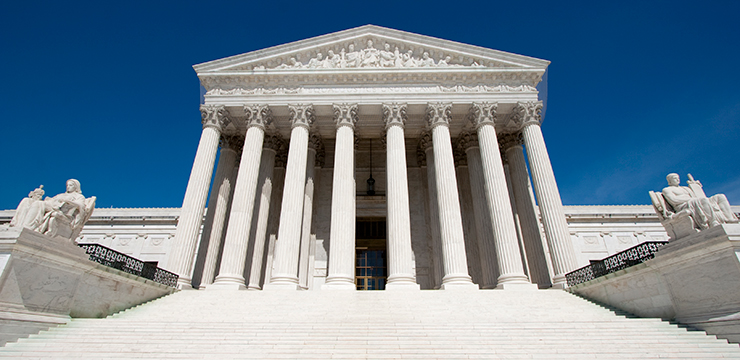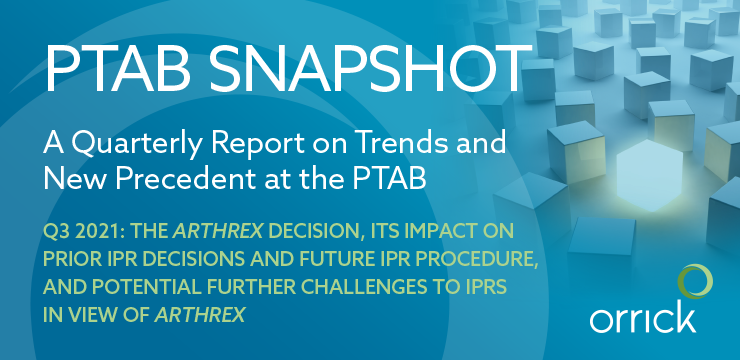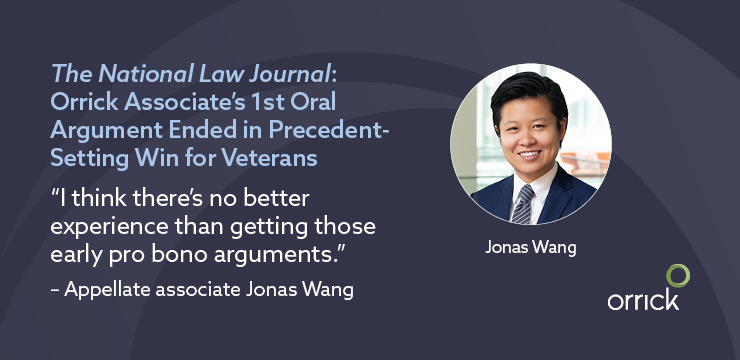Mel Bostwick
Partner
Washington, D.C.
Mel Bostwick is a partner of the firm's Supreme Court and Appellate practice. Her practice focuses on high-stakes appeals, with a particular emphasis on patent appeals before the Federal Circuit.
Mel’s practice capitalizes on two of her passions: technology and great writing. As an appellate lawyer, she has the opportunity to help companies protect their innovations and their intellectual property. She is adept at translating complex technology and intricate legal issues into a clear and simple presentation that judges of any background can understand. Mel brings these skills to bear in representing clients on appeal to the Federal Circuit and before the Supreme Court, and also in partnering with trial teams to address legal and strategic problems in district court, the ITC, and the PTAB. She also regularly advises technology clients on difficult IP and strategic issues facing their companies.
Mel also has the privilege of representing pro bono clients and is particularly passionate about using her Federal Circuit experience to help veterans in their appeals to the court.
Prior to joining Orrick, Mel was an associate at a litigation boutique in Washington, D.C., where she represented clients in trial and appellate litigation and before the Federal Communications Commission. Mel served as a law clerk to Judge Timothy B. Dyk of the U.S. Court of Appeals for the Federal Circuit and Judge Thomas B. Griffith of the U.S. Court of Appeals for the D.C. Circuit.
-
- Argued on behalf of a major tech company and secured vacatur of an ITC decision to exclude one of the company's products from importation on the grounds that they infringe two patents held by another company.
- Lead counsel to a major tech company in defending its win on summary judgment of noninfringement in a suit involving a contactless payment patent.
- Rex Medical LP v. Intuitive Surgical Inc., et al. (Fed Cir. No. 24-1072): Lead counsel to Intuitive Surgical in defending patent damages win while challenging liability verdict in cross-appeal.
- Bufkin v. McDonough (S. Ct. No 23-713): Argued on behalf of disabled veterans in a case concerning the standard of judicial review applied in veterans’ benefits cases.
- Broadcom Corp. v. Netflix Inc. (N.D. Cal. No. 20-4677): Lead appellate counsel to Netflix in high-profile patent fight relating to the computing technology that powers video streaming services.
- George v. McDonough (S. Ct. No. 21-234): Argued on behalf of disabled veteran who was denied benefits based on an agency regulation that contradicted an unambiguous governing statute.
- Procopio v. Wilkie (Fed. Cir. No. 17-1821) (en banc): Successfully argued pro bono en banc case on behalf of "Blue Water Navy" veterans, securing a 9-2 ruling that the Agent Orange Act unambiguously grants these veterans a presumption of exposure and service-connection based on having "served in the Republic of Vietnam."
- Represent leading tech company in a series of Federal Circuit mandamus matters, including securing multiple orders directing transfer of patent litigation.
- Juno Therapeutics, Inc. v. Kite Pharma, Inc. (Fed. Cir. No. 20-1758): Represented Gilead subsidiary Kite in successfully overturning $1.2B infringement verdict involving Kite's lifesaving cancer therapy.
- Nite Glow Industries Inc. v. Central Garden & Pet Co. (Fed. Cir. No. 20-1897): Successfully argued on behalf of Central in a case involving pet medicine applicators, securing new damages trial on trade secret claim and affirmance of victory on patent infringement claim.
- Cellspin Soft, Inc. v. Panasonic Corp. (Fed. Cir. No. 20-1948): Successfully argued on behalf of Panasonic and other digital camera manufacturers and obtained summary affirmance of PTAB's decision holding challenged patent obvious.
- Successfully argued multiple IPR appeals on behalf of global semiconductor manufacturing company.
- PurePredictive, Inc. v. H2O.ai, Inc. (Fed. Cir. No. 17-2544): Successfully argued on behalf of artificial intelligence innovator H2O.ai and obtained summary affirmance of Rule 12(b)(6) dismissal of patent infringement suit based on ineligibility of asserted claims under Section 101.
- Saunders v. Wilkie (Fed. Cir. No. 17-1466): Successfully argued pro bono on behalf of a Gulf War veteran and obtained a unanimous precedential decision undoing a longstanding VA rule that improperly denied benefits to veterans with disabling pain linked to their military service solely because a doctor could not identify a present diagnosable disease or condition associated with the pain.
- Sweeting v. MSPB (Fed. Cir. No. 16-2540): Argued pro bono on behalf of a Vietnam veteran challenging his post-service discharge from federal employment and the Merit Systems Protection Board’s application of res judicata to his claim of newly discovered evidence.
- Shine v. Williams-Sonoma (Cal. Ct. App. No. B277513): Successfully argued for affirmance of the trial court’s judgment sustaining Williams-Sonoma’s demurrer, on res judicata grounds, to a putative class action wage claim filed by a former employee.
- Boom! Payments, Inc. v. Stripe, Inc. (Fed. Cir. No. 20-1274): Successfully represented Stripe in defending dismissal under Section 101 of patent claims challenging Stripe's innovative payment-processing technology.
- The Chamberlain Group, Inc. v. Techtronic Industries Co. (S. Ct. 19-1299): Represented Chamberlain in seeking certiorari review of Federal Circuit's ruling that patent claims to an innovative garage door-opener are ineligible as "abstract."
- Bio-Rad Laboratories, Inc. v. 10x Genomics Inc. (Fed. Cir. No. 19-2255): Represented 10x in appeal from infringement verdict involving 10x’s groundbreaking microfluidics platform.
- The Chamberlain Group v. ITC (Fed. Cir. No. 22-1644): Represented Chamberlain in an ITC appeal involving garage-door openers and related patents, which led to a settlement after the oral argument.
- Amgen Inc. v. Sanofi (S. Ct. 21-757): Filed amicus brief on behalf of leading biopharmaceutical companies in the first Supreme Court case to address Section 112(a) in the modern era
News
Amicus Effort Backs Tech and Life Sciences Innovators in U.S. Supreme Court Case
1 minute read | June.25.2024


